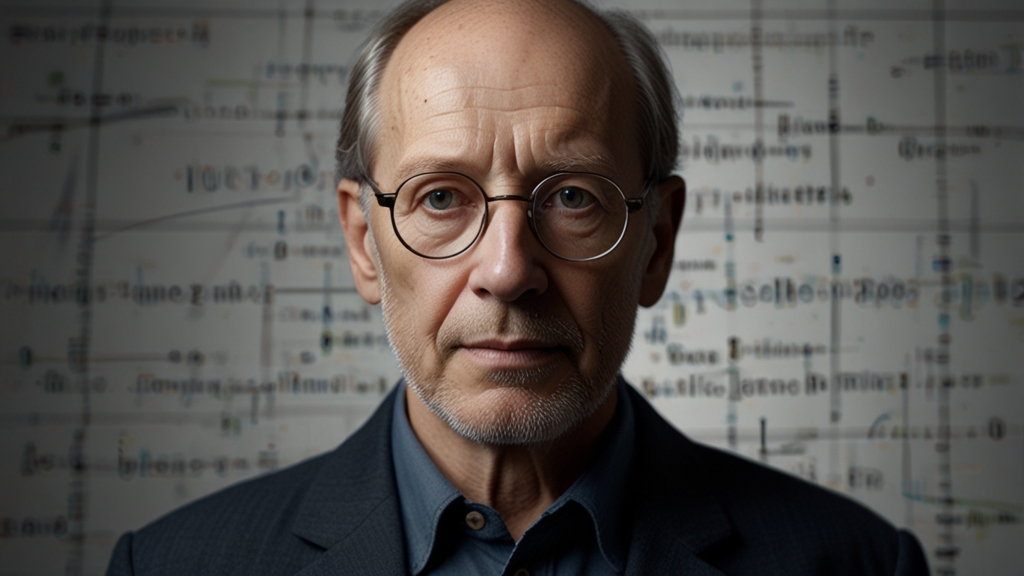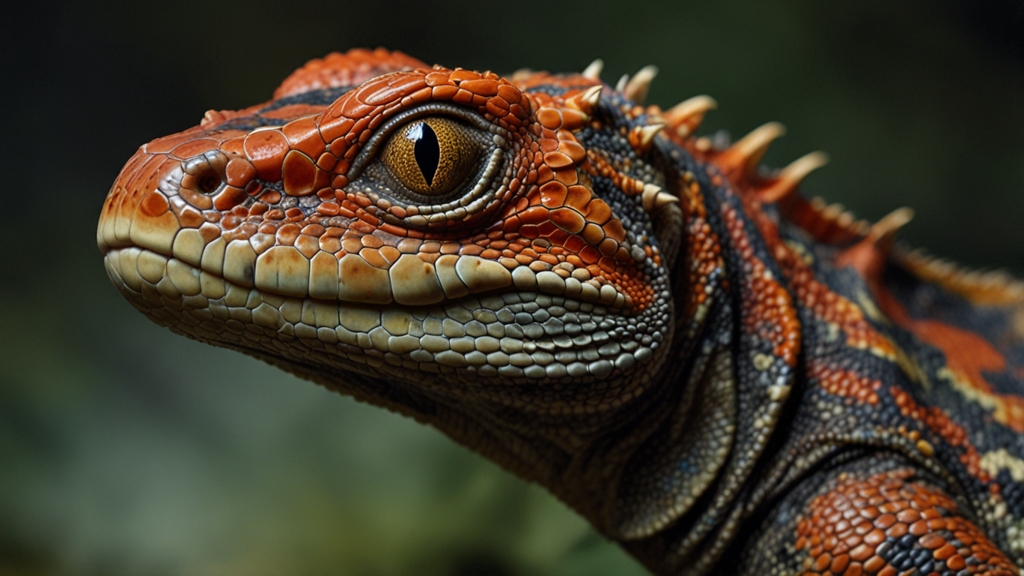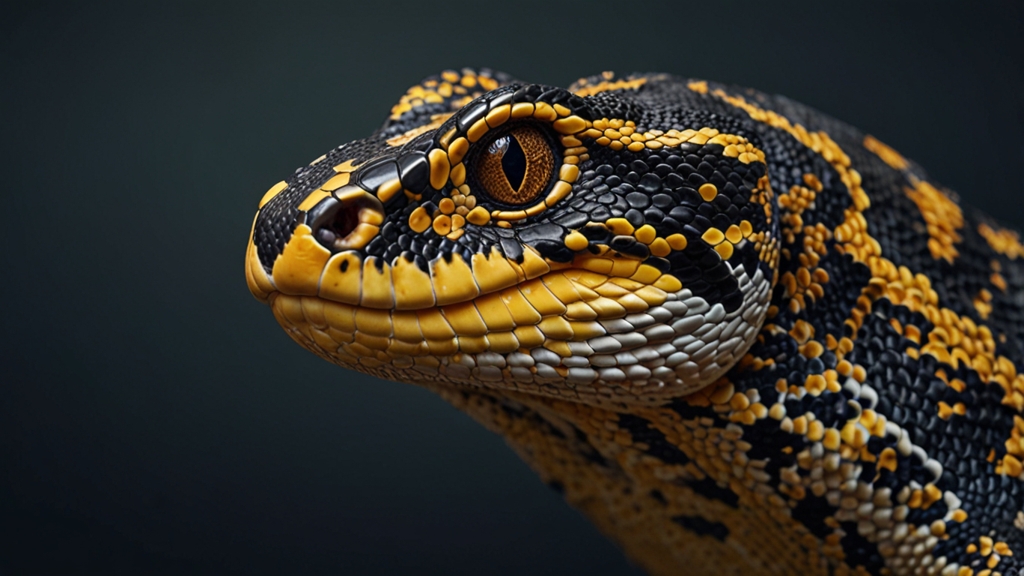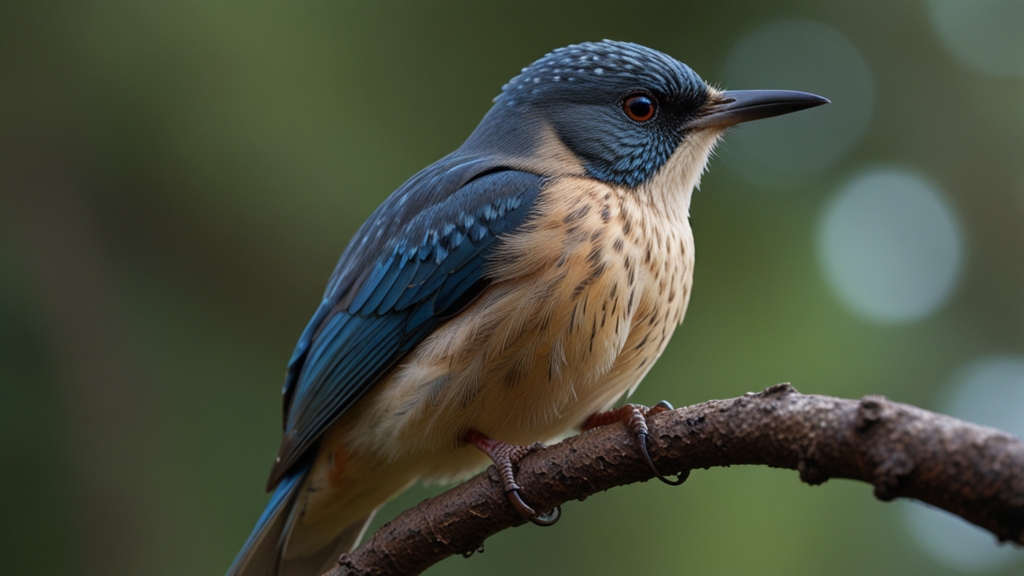Are Prophets Born or Made? The Nature vs. Nurture Debate
The age-old question of whether prophets are born or made continues to spark intense debates across various disciplines, from theology to psychology. Deciphering the origins of prophetic abilities involves delving into the deeper concept of nature vs. nurture. By examining genetic predispositions, environmental factors, and historical contexts, this article aims to shed light on the debate surrounding the emergence of prophetic figures.
Genetic Predisposition: The Nature Argument
Proponents of the nature argument suggest that certain individuals possess inherent qualities that predispose them to become prophets. These qualities might include a heightened sense of intuition, exceptional moral insight, or significant cognitive abilities. Modern psychology often explores how genetic factors contribute to personality traits, cognitive abilities, and even spiritual tendencies.
For example, studies on the heritability of intelligence and personality traits indicate that a substantial portion of these characteristics can be attributed to genetic factors. If we extend this idea, it is conceivable that prophets, too, could possess innate qualities that distinguish them from the general population.
"In numerous cases, we see the emergence of extraordinary individuals who seem to possess an intrinsic visionary ability, one that cannot be easily explained by environmental influences alone." - Dr. Pauline Hauser, Developmental Psychologist
Environmental Influence: The Nurture Argument
On the other hand, the nurture argument emphasizes the significance of environmental factors in shaping a prophet. This perspective posits that one's upbringing, social context, and life experiences play crucial roles in the development of prophetic abilities. From this standpoint, it is not the innate qualities but the unique circumstances and the nurturing environment that mold a prophet.
Historical contexts offer examples where social and political upheaval paved the way for the rise of prophets. These individuals often emerge during periods of crisis, offering guidance and visionary insights. Their ability to perceive societal needs and articulate visions that resonate with the masses can be attributed significantly to their unique situational experiences.
"Prophets often arise in times of turmoil. It is in these environments of great challenge and change that individuals might be shaped to hear a higher calling and convey transformative messages." - Professor David Kaplan, Historian
The Intersection of Nature and Nurture
While the debate might initially seem to call for a choice between nature and nurture, many scholars argue for a more integrative approach. The interplay between genetic predispositions and environmental influences forms a more comprehensive understanding of the phenomenon.
Prophetic abilities could very well be the result of a fertile combination of innate traits and enriching environments. For instance, an individual with a predisposition for introspection and moral reasoning might find their visions sharpened in an environment that fosters critical thinking and nurtures spiritual growth.
"It's not solely nature or nurture, but a complex interplay of both that gives rise to prophetic figures. Their innate abilities, when honed in conducive environments, lead them to become the voices of their time." - Dr. Lina Perez, Cognitive Scientist
Conclusion
The question of whether prophets are born or made remains a compelling aspect of the nature vs. nurture debate. While genetic predispositions can endow certain individuals with unique visionary qualities, the nurturing environment plays an equally important role in shaping and refining these abilities. By recognizing the intricate dance between nature and nurture, we can gain a more nuanced understanding of the origins of prophetic figures.
Ultimately, the emergence of prophets might be less about a simplistic dichotomy and more about the synergetic fusion of inherent talent and environmental cultivation, resulting in the awe-inspiring figures who have guided humanity across the ages.









